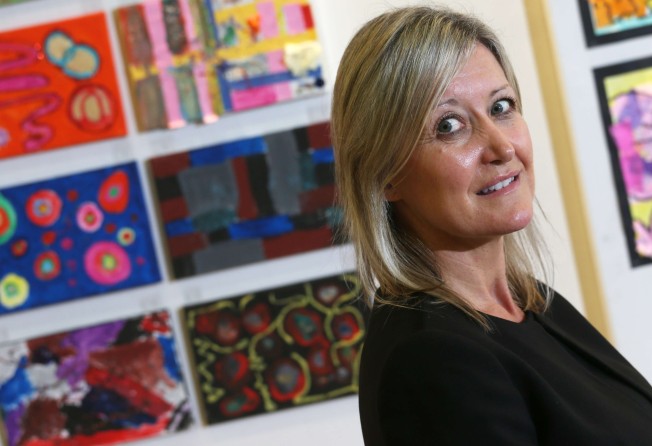Year 1 English Schools Foundation pupils set for 28.3pc fee rise as Hong Kong government subsidy starts to shrink
The rise is 6 percentage points higher than an estimate last September; other students in the ESF system face more modest increases of just over 6 per cent

Parents with a child entering Year 1 at English Schools Foundation (ESF) institutions in August will have to pay 28.3 per cent more as the government starts to phase out its annual HK$283 million subsidy.
The annual fee for Year 1 pupils at ESF primary schools and the Jockey Club Sarah Roe School will soar from HK$78,700 to HK$101,000.
The sharp rise is attributed to the loss of the government subvention, which will be phased out over 13 years starting from August.
“[T]he fee level for students in Year 1 will also include HK$17,200 which accounts for the loss of the subvention, in addition to the annual fee increase across ESF,” the foundation’s website said.
An ESF spokeswoman explained that the increase was some 6 percentage points higher than the amount reported last September as the earlier figure was an estimate.
As the loss of the subvention will only affect pupils who join ESF schools in Year 1, school fees for others – from Year 2 to 13 – will be smaller.
For primary pupils from Years 2 to 6, the annual fee will increase by 6.5 per cent to HK$83,800.
Parents with secondary students will have to pay some 6.3 per cent more – HK$117,600 – for those in Years 7 to 11 and HK$123,500 for those in Years 12 to 13.
Discovery College and Renaissance College will not be affected by the loss of the subvention as they are private independent schools.
School fees for all year groups at Discovery College will increase by 6.6 per cent on average, while Renaissance College will see an average 6.2 per cent rise for all year groups.
All the fee increases are subject to final approval by the Education Bureau.
ESF chief executive officer Belinda Greer said: “ Whilst financial sustainability is of critical importance to us, we assure our financial planning takes careful account of the increase in fee level and the impact that this will have on parents. We are working to a ‘best value model’ which ensures the most efficient use of our resources.”
In a letter to ESF staff obtained by the Post, the network of schools said its remuneration and finance committees had recommended a 3.4 per cent pay increase for eligible teachers and senior staff, and a 4.8 per cent rise for eligible support staff, including educational assistants.
The ESF agreed at a board meeting in 2013 to accept a deal with the government, which would see it lose its HK$283 million annual subsidy.
According to the ESF, the deal was the best settlement it could achieve as it ensured the subsidy would remain in place for all children currently in the system.
This came after parents expressed their wish to keep the subsidy, with a former ESF parent representative telling the Legislative Council’s education panel that there was no sound reason to phase out a subvention which provided affordable English-medium education for local and non-Chinese-speaking children.
The representative added that Chief Executive Leung Chun-ying had promised to protect the subsidy and that under Article 144 of the Basic Law, the government had to “maintain the policy previously practised in respect of subventions ... in fields such as education”.
But officials argued that Article 136 allowed them to reallocate funds to improve education.
Then education panel deputy chairman Ip Kin-yuen said it was difficult to argue with the government because the ESF had chosen to teach a non-local curriculum not covered by the subvention policy.